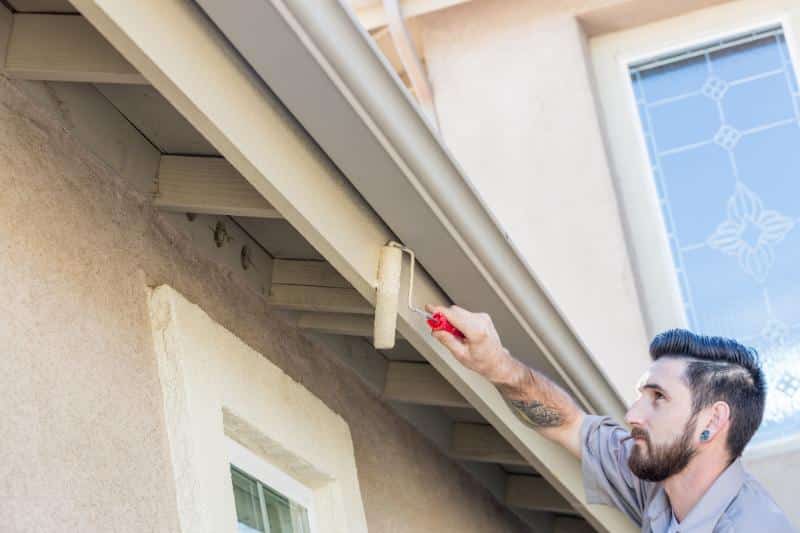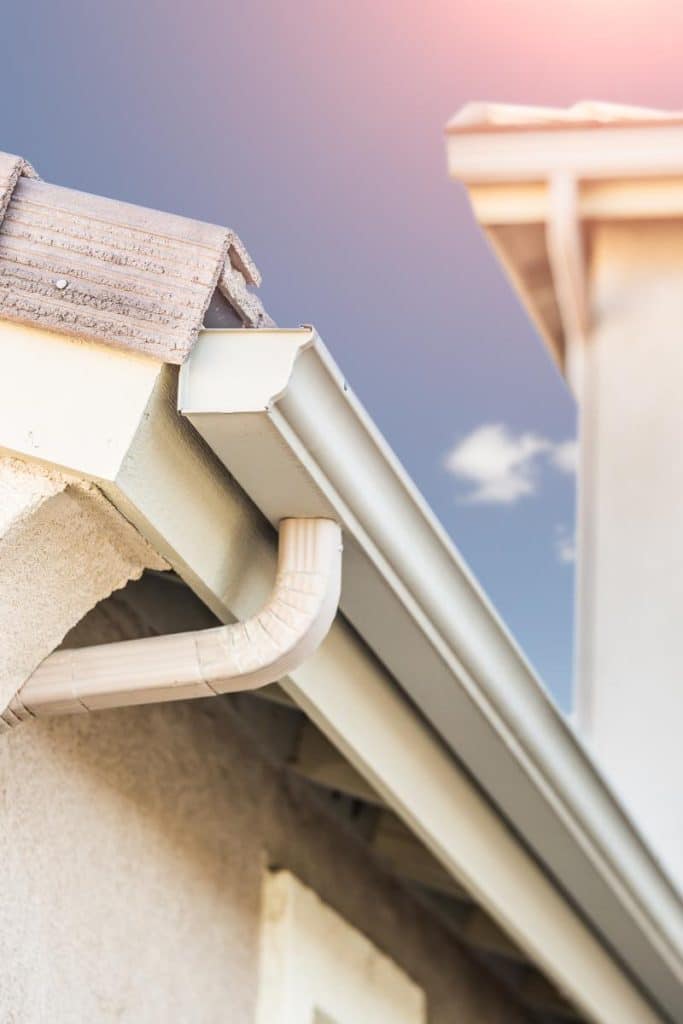When maintaining a home, the roof often takes center stage. However, amidst discussions of shingles, flashing, and gutters, the roof fascia—an often-overlooked component—tends to receive less attention. Yet, the fascia plays a crucial role in protecting the roof’s integrity and the house’s overall structure. This comprehensive guide explores the importance of properly maintaining your roof fascia, understanding its functions, joint issues, and best practices for upkeep.

Understanding Roof Fascia
The fascia is the vertical band running along the lower edge of the roofline, where the roof meets the house’s outer walls. It serves both functional and aesthetic purposes. Functionally, the fascia supports the bottom row of roof tiles or shingles and acts as a barrier to prevent water, pests, and debris from entering the roof structure. Aesthetically, the fascia adds a finishing touch to the roofline, enhancing the overall appearance of the home’s exterior. Opt for roof fascia services if you need to repair or replace damaged fascia boards, as neglecting this critical component can lead to significant issues. Additionally, the fascia’s condition can impact the home’s energy efficiency, as damaged or deteriorating fascia may compromise the insulation of the roof space.
Critical Functions of Roof Fascia
- Water Management: One of the primary functions of the fascia is to channel rainwater away from the roof and the house’s foundation. It supports the gutter system, allowing water to flow freely off the roof and preventing water damage to the roof decking, walls, and interior spaces.
- Structural Support: The fascia provides structural support for the roof’s edge, helping maintain its shape and integrity. It supports the weight of the bottom row of roof tiles or shingles and helps distribute the load evenly across the roofline.
- Pest Prevention: By sealing the gap between the roof and the exterior walls, the fascia is a barrier against pests. Properly maintained fascia prevents entry points for pests and reduces the risk of infestation.
- Aesthetic Enhancement: Beyond its functional role, the fascia contributes to the overall aesthetics of the home’s exterior. A well-maintained fascia with clean lines and a fresh coat of paint enhances curb appeal and increases the property’s value.
Common Issues with Roof Fascia
Despite its importance, roof fascia is susceptible to various issues that can compromise its functionality and structural integrity. Some common issues include:
- Rot and Decay: Exposure to moisture, especially in regions with high humidity or frequent rainfall, can cause the fascia boards to rot and decay over time. Rotting fascia is weak and vulnerable to damage, leading to water intrusion and structural issues.
- Pest Infestation: Gaps or cracks in the fascia provide entry points for pests such as termites, ants, squirrels, and birds. A pest infestation can cause further damage to the fascia and the roof structure, necessitating costly repairs.
- Clogged Gutters: If the gutters attached to the fascia become clogged with leaves, twigs, and debris, water can overflow and seep behind the fascia, leading to water damage and rot. Proper gutter maintenance is essential to prevent this issue.
Importance of Proper Maintenance
Proper maintenance of roof fascia is essential for preserving the roof’s integrity and the house’s overall structural stability. Regular inspection and maintenance help identify potential issues early on, allowing for timely repairs and preventing costly damage. Here’s why proper maintenance is crucial:
- Extends Roof Lifespan: A well-maintained fascia provides support and protection for the roof, helping to extend its lifespan. Homeowners can avoid premature roof replacement by addressing issues promptly and conducting routine maintenance.
- Enhances Curb Appeal: Maintaining clean, well-painted fascia boards contributes to the overall aesthetics of the home’s exterior. A visually appealing roofline enhances curb appeal.
- Minimizes Pest Infestation: Regular inspection and maintenance of the fascia help identify and seal off potential entry points for pests, reducing the risk of infestation and damage to the roof and interior spaces.
Best Practices for Fascia Maintenance
To ensure the longevity and functionality of roof fascia, homeowners should follow these best practices for maintenance:
- Clean Gutters: Keep gutters free of debris by cleaning them regularly, especially after storms or when leaves are abundant in the fall.
- Repair Damage Promptly: Address any signs of damage or deterioration in the fascia promptly. Replace rotted or damaged fascia boards, fill gaps and cracks, and repaint as needed to prevent further damage.
- Maintain Proper Ventilation: Ensure adequate ventilation in the attic to prevent moisture buildup, which can contribute to rot and decay of the fascia boards.
- Trim Overhanging Branches: Trim trees and branches near the roofline to prevent them from rubbing against the fascia or causing damage during storms.
- Hire Professional Help: For complex repairs or if you’re unsure about the condition of your fascia, consider hiring a professional roofing contractor or handyman to inspect and maintain the fascia.

Proper maintenance of roof fascia is essential for protecting the roof’s integrity and the house’s overall structural stability. By understanding the functions of fascia, recognizing common issues, and following best practices for maintenance, homeowners can ensure that their fascia remains in optimal condition for years to come. Investing time and effort in fascia maintenance not only prevents costly damage but also enhances the aesthetic appeal and value of the home.
